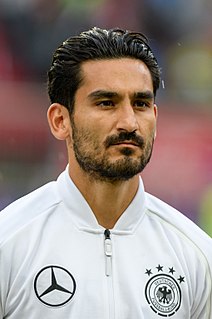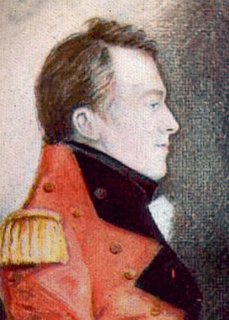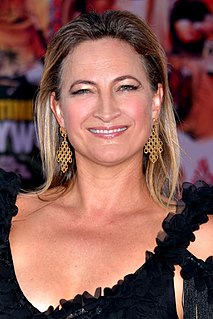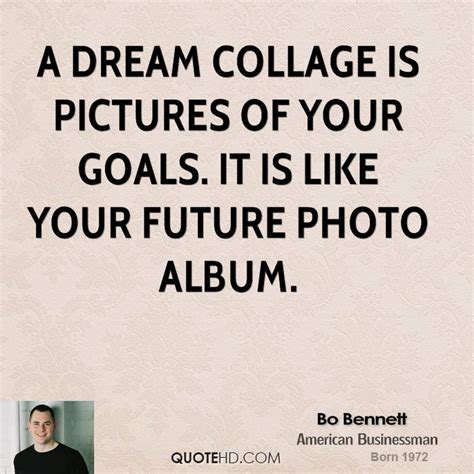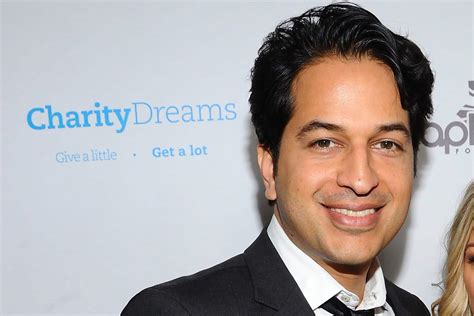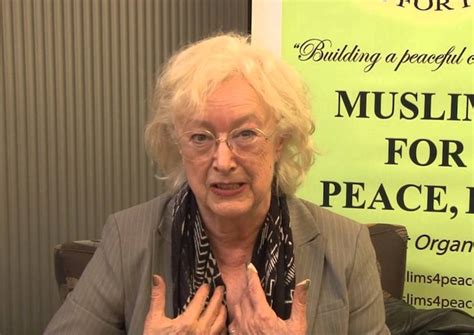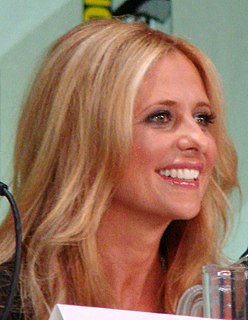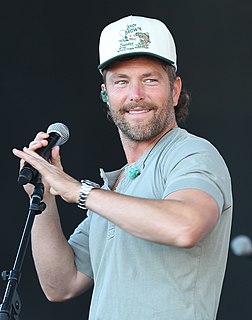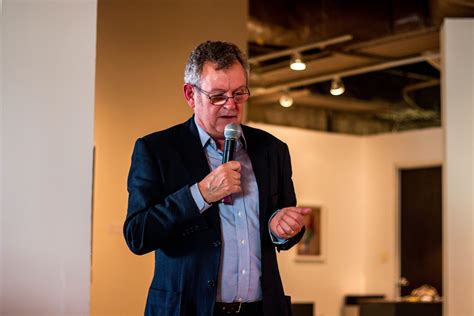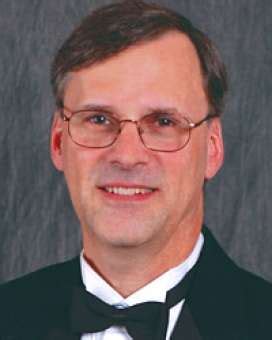Top 1200 Ethical Questions Quotes & Sayings - Page 4
Explore popular Ethical Questions quotes.
Last updated on November 15, 2024.
When people ask me what philosophy is, I say philosophy is what you do when
you don't know what the right questions are yet. Once you get the questions
right, then you go answer them, and that's typically not philosophy, that's
one science or another. Anywhere in life where you find that people aren't
quite sure what the right questions to ask are, what they're doing, then,
is philosophy.
The various roles we incorporate into the criminal justice system as well as the ways in which we construe such roles, lend themselves to the kind of ethical reflection that is open to us all. That said, once we have determined roles and their contours, those who act within them may have special duties and privileges that others may lack. Specific roles may generate ethical inquiries with novel forms, just as new technologies may push us in new directions.
Art itself is essentially ethical; because every true work of art must have a beauty or grandeur of some kind, and beauty and grandeur cannot be comprehended by the beholder except through the moral sentiment. The eye is only a witness; it is not a judge. The mind judges what the eye reports to it; therefore, whatever elevates the moral sentiment to the contemplation of beauty and grandeur is in itself ethical.
The ethical system of these men of the New Republic, the ethical system which will dominate the world state, will be shaped primarily to favour the procreation of what is fine and efficient and beautiful in humanity — beautiful and strong bodies, clear and powerful minds, and a growing body of knowledge — and to check the procreation of base and servile types, of fear-driven and cowardly souls, of all that is mean and ugly and bestial in the souls, bodies, or habits of men.
Innovation, sending civilians to outer space, mapping the mind, curing cancer - all these things, they're great. Obviously these same companies are also making a lot of money and accumulating a lot of our data at the same time, which seemed like independent things and one is beneficial and one is problematic for us as individuals, but in the rush of the new I think a lot of the philosophical, ethical, moral, and legal questions don't get asked in time. It's not in our nature to pause, sit, meditate, question, debate. We move forward. Technology generally answers itself with more technology.
Like all Xhosa children, I acquired knowledge mainly through observation. We were meant to learn through imitation and emulation, not through questions. When I first visited the homes of whites, I was often dumbfounded by the number and nature of questions that children asked of their parents-and their parents' unfailing willingness to answer them. In my household, questions were considered a nuisance; adults imparted information as they considered necessary.
